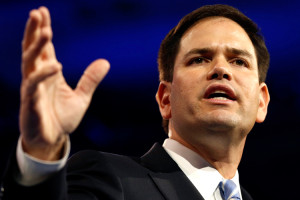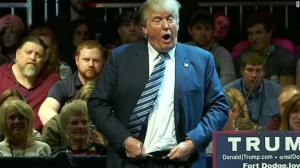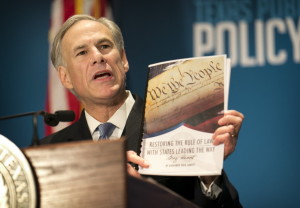Lo and behold . . . I heard Republican presidential candidate Marco Rubio make sense on one element of immigration policy.
When the young U.S. senator was serving in the Florida legislature, he backed a provision that would allow the children of illegal immigrants to be granted in-state tuition privileges.
Rubio today reaffirmed that view in an interview with ABC News’s George Stephanopoulos.
You go, Marco!
He was careful — naturally, given the nature of the GOP voter base — to say he doesn’t favor “amnesty” for those who are here illegally. He did say, though, that children who were brought here when they were young, say 5 years of age, and who grew up speaking English and whose only outward loyalty is to the United States of America deserve to be pay in-state tuition at public colleges and universities.
Does that sound familiar? It should. Two former Texas governors — Republicans George W. Bush and Rick Perry — stood tall on the same principle. Perry, though, was pilloried during the 2012 GOP primary campaign for standing on that notion; the TEA Party wing of the Republican Party would have none of it.
I’m no fan of young Marco. However, I was heartened this morning to hear him speak with a sense of humanity and compassion that has been lacking among many in the still-large field of GOP presidential candidates.
Donald J. Trump gets high-fives and hosannas from the base over his plan to round up all 11 million illegal immigrants and toss ’em out of the country.
Meanwhile, at least one of his Republican presidential candidate colleagues demonstrates that the Grand Old Party isn’t speaking with one voice on a critical national issue.









